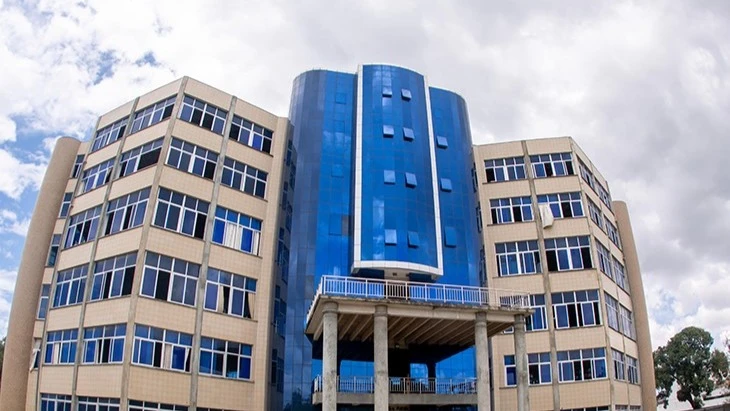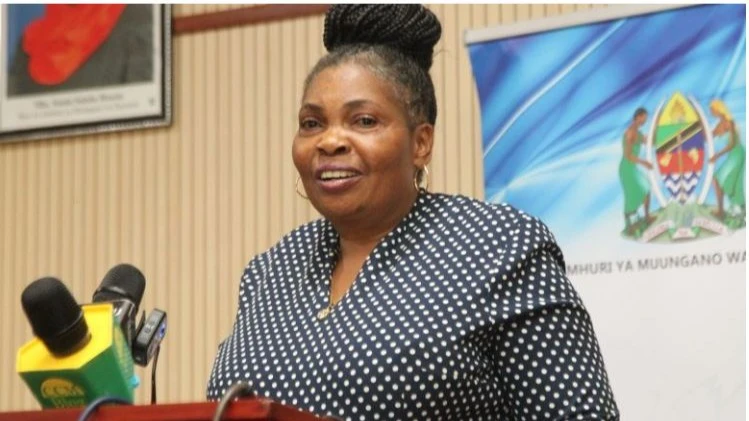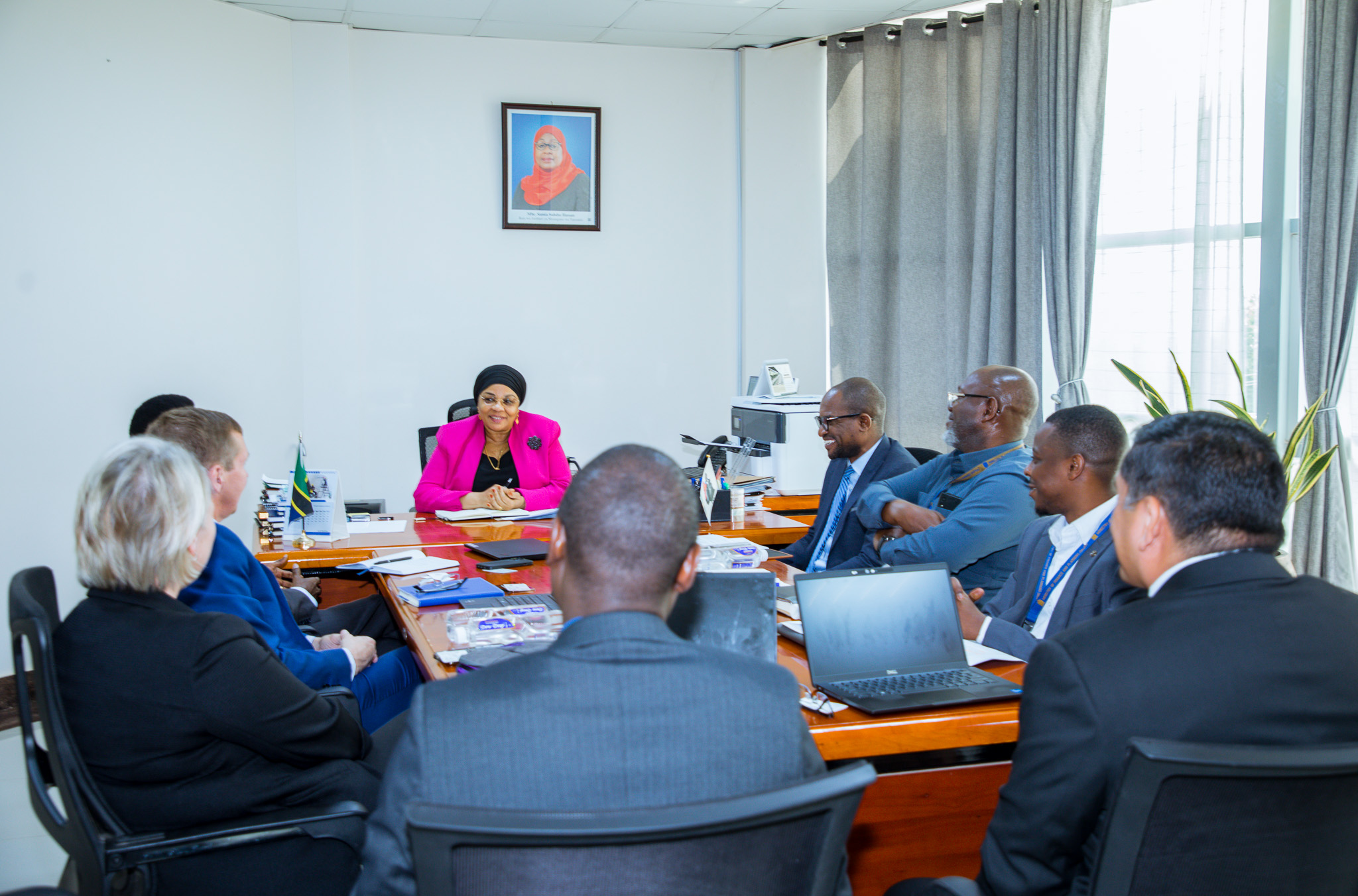Call: Entice more males into family planning for initiative to bear fruit
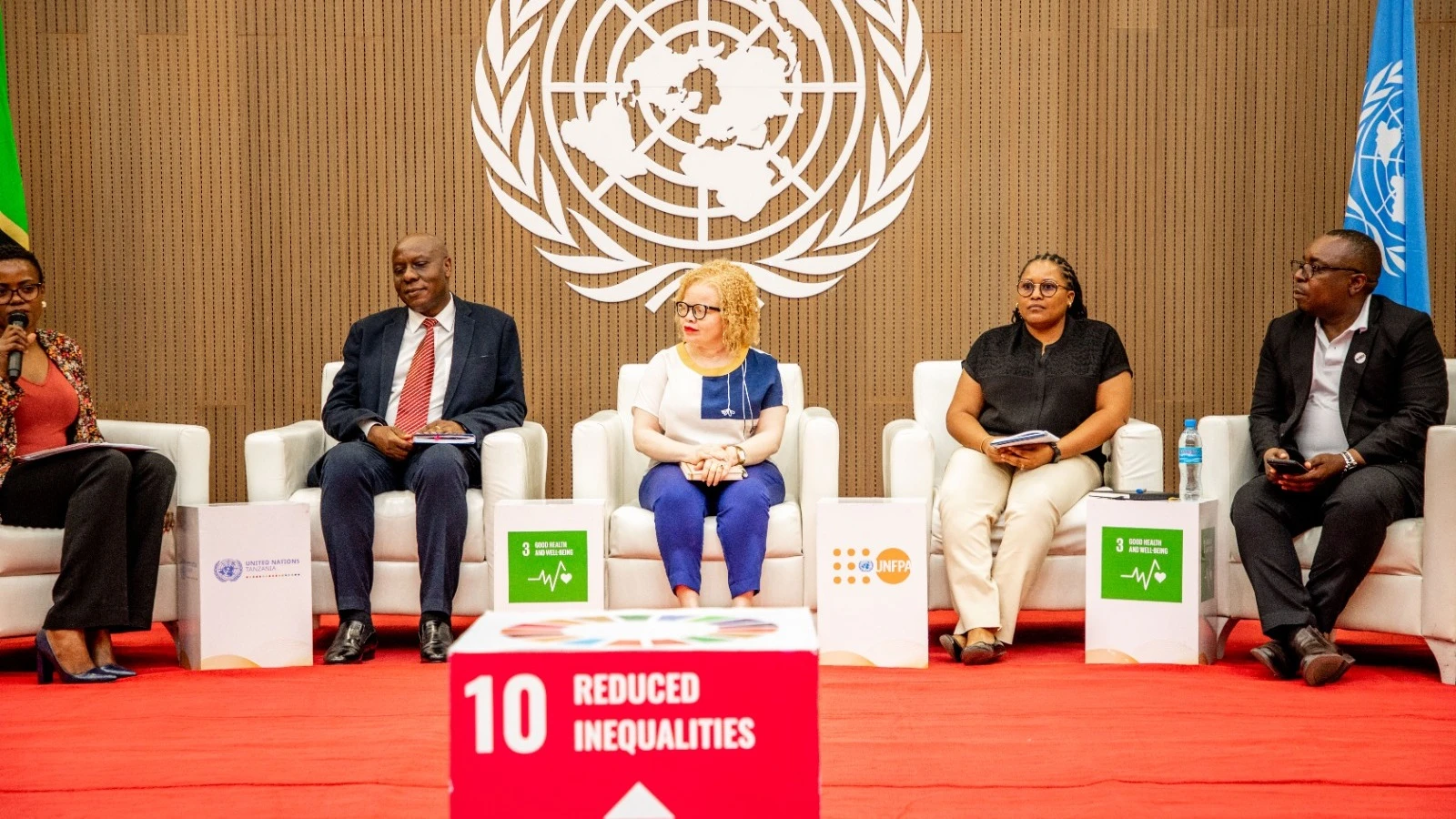
HEALTH stakeholders have been urged to initiate friendly male family planning methods so as to increase their awareness and engagement in the process.
Dr Katanta Lazarus, Management and Development for Health (MDH) Adolescents Sexual and Reproductive Health (ASRH) and Safeguarding manager, underscored the need in Dar es Salaam at the weekend during World Contraception Day (WCD) Panel discussion dubbed ‘A choice for all, freedom to plan, power to choose.’
He said men's health status and behaviour can affect women's health and reproductive health hence involving them with friendly family planning increases their awareness, acceptance and support to their partners' needs, choices and rights.
“Statistics show men’s limited involvement due to perceived side effects of female contraceptive methods that disrupt sexual activity and perceptions that reproductive health was a female concern. Its high time family planning stakeholders though of raising awareness to men who are seen to rarely take part in the process,” he said.
He further said that MDH, which is funded by the US President’s Emergency Fund for AIDS Relief (PEPFAR) through the US Centres for Disease Control and Prevention (US CDC), ensures that those enrolled in HIV care and treatment services are also aware and taking part in the process.
Dr Charles Mngale, a gynaecologist working with MDH, said the commemoration aimed at giving the community the right information on family planning that can only be obtained from experts in the field.
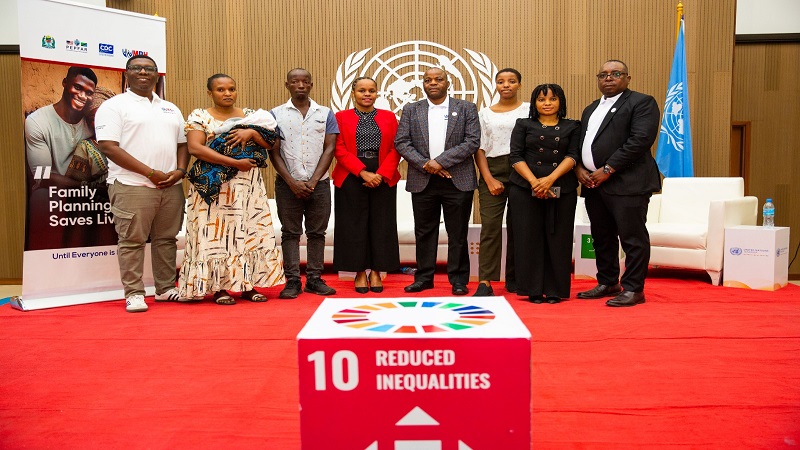
“One of the challenges has been the misleading claim family planning causes cancer. One thing the society should know is that family planning reduces high risks of getting cancer,” he said.
Warren Bright, United Nations Population Fund (UNFPA) Tanzania communications manager, said in collaboration with the Ministry of Health, they lead global efforts to ensure all individuals can access and use affordable, quality reproductive health supplies whenever they need them.
According to him, this will mean fewer unintended pregnancies and hence abortions, less maternal mortality, healthier families and healthier economies even in the poorest countries.
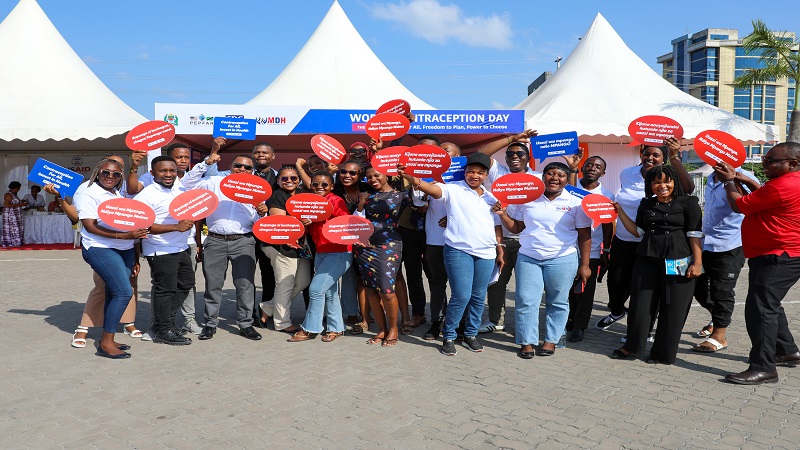
“Although concentrated on reproductive health, UNFPA supplies support is making a big impact on national supply chain systems in general. Support through this Programme has helped countries to better understand and visualise their particular bottlenecks and ways of addressing them.”
The Tanzania Demographic and Health Survey and Malaria Indicator Survey (2022 TDHS-MIS) reports show that Tanzania has made good progress in family planning over the past three decades with 31 percent of married women of reproductive age using modern methods of contraception which is one percent decline from 2015-2016 survey.
Top Headlines
© 2024 IPPMEDIA.COM. ALL RIGHTS RESERVED









